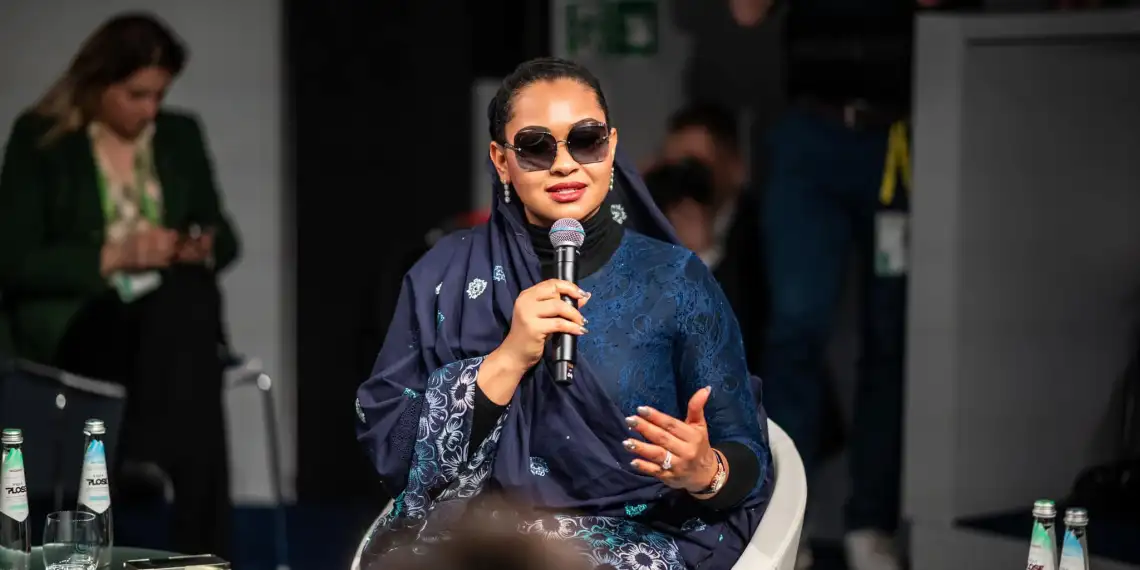Sports have long been a tool for empowerment and personal growth. However, for many women in Nigeria, particularly in sports, the journey is fraught with challenges stemming from systemic discrimination, neglect, and abuse. The heartbreaking case of Angel (not her real name), a promising gymnast whose aspirations were crushed by sexual abuse and forced marriage, reflects the struggles many female athletes endure. Recognizing these challenges, Gender Agenda (GAsi) is stepping up to create more spaces for women in sports. Through advocacy, empowerment initiatives, and inclusive sporting events, GAsi is working to ensure that women can thrive in sports despite systemic barriers.
The Various Forms of Discrimination Against Women in Sports
The discrimination and challenges women face in sports manifest in multiple ways, including sexual exploitation, wage disparities, unequal opportunities, and inadequate institutional support.
1. Sexual Abuse and Exploitation
Angel’s experience is one of many where female athletes fall prey to sexual abuse at the hands of their coaches and mentors. The power imbalance between male coaches and young female athletes often leads to exploitation, with victims hesitant to speak out due to fear of stigma or retaliation. This exemplifies the broader issue of sexual and gender-based violence (SGBV) in sports, which remains largely overlooked.
2. Gender Pay Gap and Unequal Resource Allocation
Despite consistent achievements, female athletes in Nigeria receive significantly less financial support, training resources, and compensation compared to their male counterparts. This is evident in sports like football and basketball, where women’s teams have outperformed men’s teams but still receive minimal investment and recognition. As Gymnastics Federation Technical Director Rose Verissimo pointed out, even when female athletes bring home more medals, men are still given preferential treatment in terms of allowances and benefits.
3. Institutional Barriers and Lack of Representation
The under representation of women in coaching, officiating, and sports governance further entrenches gender disparities. Former handball player Dr. Toyin Aluko recounted the resistance she faced when transitioning into coaching—an issue that many female athletes encounter when seeking leadership roles. The absence of female decision-makers perpetuates outdated policies that hinder the growth of women’s sports. Ms. Adaora Jack, a former sprinter and sports advocate, also highlighted how deeply entrenched biases discourage women from pursuing long-term careers in the sports industry.
GAsi’s Initiative: Bringing Women Together Through Sports
As part of its mission to combat these challenges, GAsi is organizing a groundbreaking women’s football match in Nasarawa State, Nigeria. This event aims to unite women from different backgrounds, providing them with a platform to showcase their talent, network, and advocate for increased opportunities in sports. The football match serves as more than just a game—it is a statement against discrimination and a call to action for the government and relevant stakeholders to invest in women’s sports.
By hosting such events, GAsi is demonstrating that women belong in sports and should have equal opportunities to participate and excel. The initiative also helps challenge cultural stereotypes and inspire the next generation of female athletes.
Solutions: Policy Recommendations and Advocacy
To address the mistreatment and discrimination against women in sports, comprehensive action is required at various levels. Key recommendations include:
1. Enforcing Gender-Inclusive Policies
The government must develop and implement policies that protect female athletes from abuse, ensure equal pay, and provide equal access to training programs, sponsorships, and facilities.
2. Stronger Legal Protections Against Abuse
Stricter laws and reporting mechanisms should be established to combat sexual harassment and abuse in sports. This includes mandatory background checks for coaches, harsher penalties for offenders, and institutionalized victim support systems.
3. Increased Investment in Women’s Sports
Significant investments should be made in developing women’s sports programs, improving facilities, and creating equitable sponsorship opportunities.
4. Enhanced Representation in Leadership Roles
Women should be encouraged and supported to take up leadership positions in coaching, officiating, and sports administration. Mentorship programs and policy mandates should ensure a minimum level of female representation in sports governance bodies.
5. Public Awareness and Cultural Transformation
Shifting societal perceptions is crucial. Awareness campaigns should promote the importance of women’s participation in sports and challenge gender stereotypes that hinder their progress.
Conclusion
Women in Nigerian sports continue to face systemic discrimination and mistreatment, exacerbated by government inaction. While organizations like FEED Sports provide some support, GAsi is taking proactive steps to create real change. Through initiatives like the upcoming football match in Nasarawa State, GAsi is fostering inclusivity, raising awareness, and pushing for policy reforms. If Nigeria is genuinely committed to gender equality, it must translate its promises into concrete actions—ensuring that women athletes receive the recognition, respect, and resources they rightfully deserve.




Leave A Comment